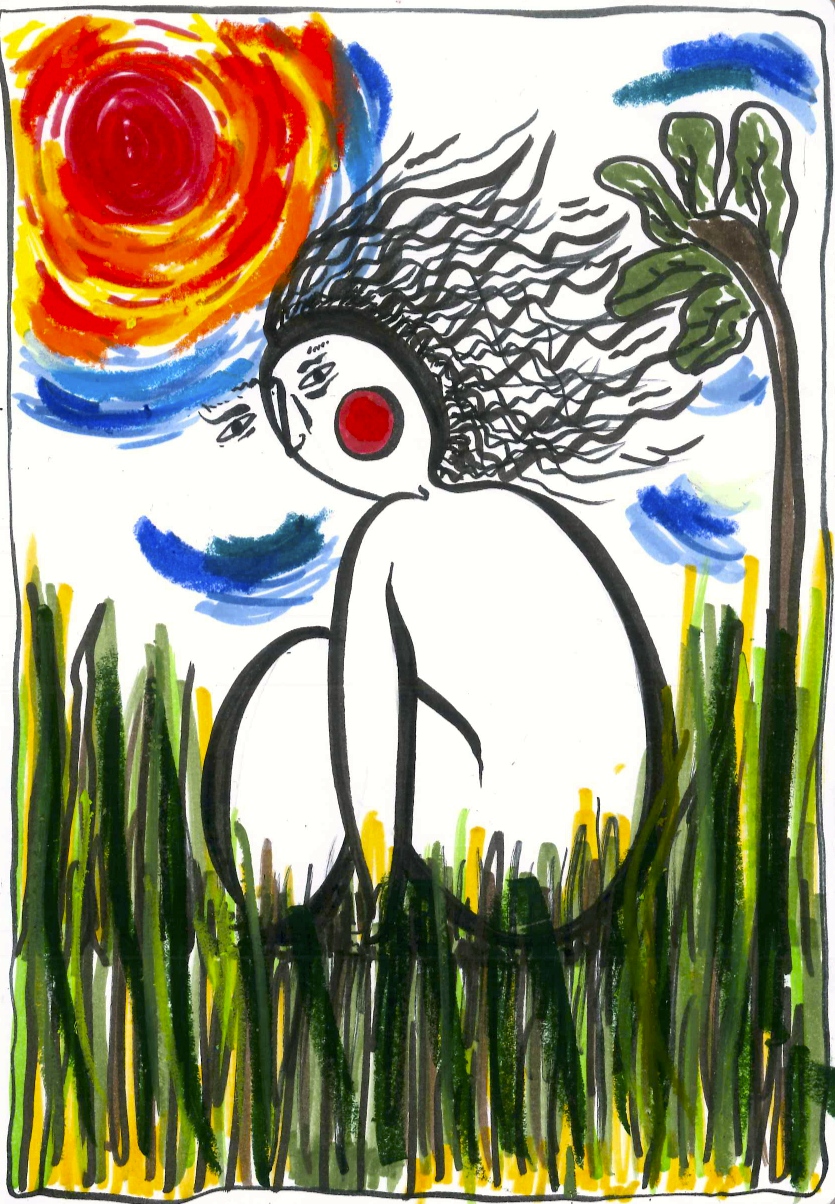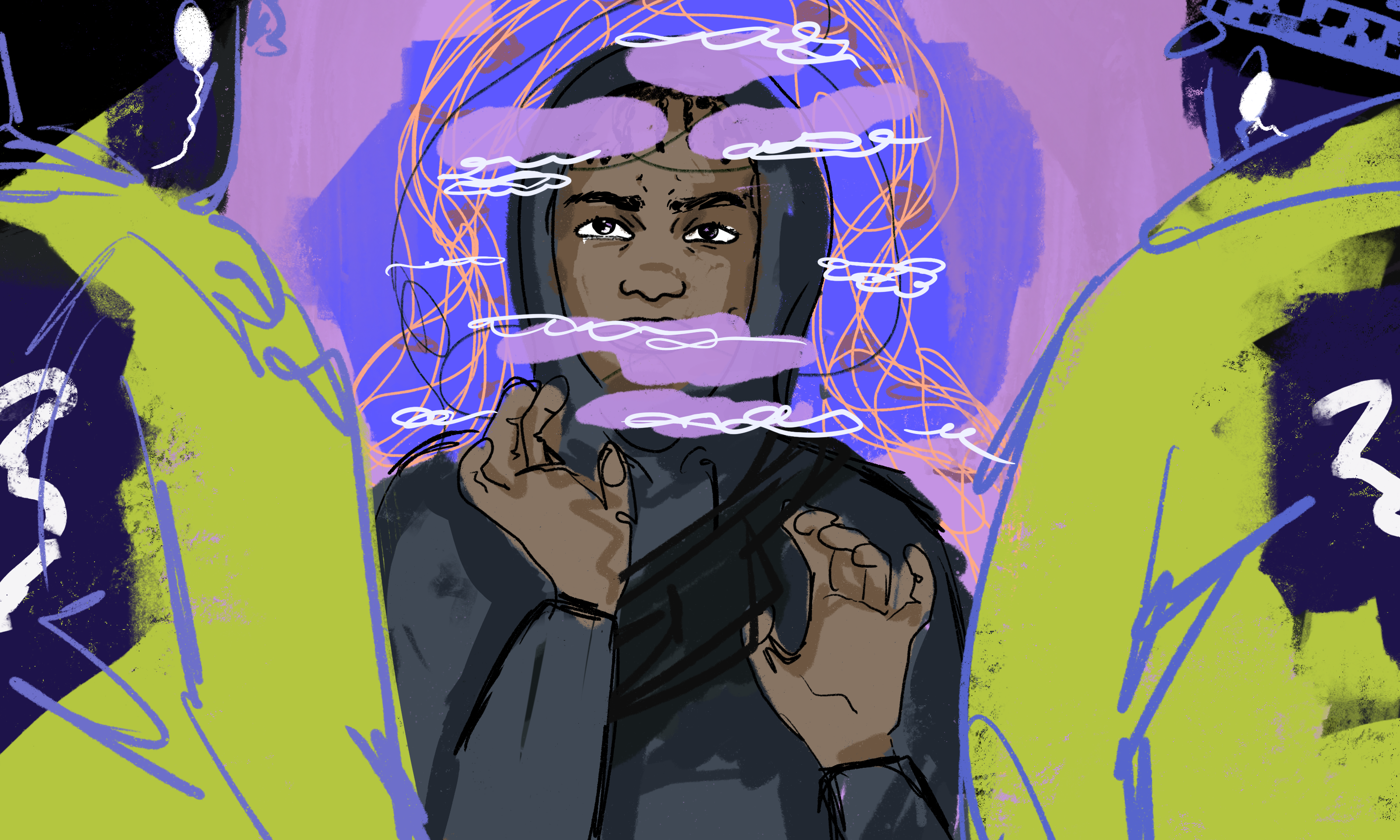
How an autism diagnosis helped me find my individuality within South Asian culture
Aisja Mahmood
02 Apr 2019
I was diagnosed with Attention Deficit Hyperactivity Disorder (ADHD) and Autistic Spectrum Disorder (ASD) age 26. According to the National Autistic Society, “autism is a lifelong developmental disability that affects how people perceive the world and interact with others.” Likewise, ADHD impacts every aspect of behaviour and cognitive functioning, with the main symptoms including disorganisation, impulsivity, inattention and hyperactivity. At last, there was an explanation as to why I am the way I am.
I began a journey of recognising triggers and coping mechanisms, of understanding my behaviour within the context of
Before uni, I had lived in my family home since I was eight years old. I have vague memories of family life before that, but I was never in a house long enough to consider it home. For a definition of the place in which I was truly raised and built my most significant memories, our 1930s run-down house in inner-city Birmingham fits the bill. Having been in an area where a lot of Pakistani families congregated during early migration, I was surrounded by people who looked like me and my family, sharing
“Honour within the community matters. You go from being a daughter to a wife. From making your father’s home to your husband’s”
As I got older, I began to struggle with this concept of home. I battled with the notion that it was always my parents’ home first; “under our roof, it’s our rules”. That the neighbours’ opinions somehow influenced the decisions I could make. I know I wasn’t the only person who felt this growing up; like many collective cultures, roles that maintain social relationships often come before individual needs. Coming from a somewhat traditional Pakistani background, there were clear definitions of what expectations we had of each other; the men went out to work, the women cooked and cleaned. Parental respect overrides reciprocal respect. Honour within the community matters. You go from being a
The pressure to fit neatly into this nuclear structure, and my simultaneous lack of an ability to do it, weighed heavily on my psyche; a lot of the conflict that took place was rooted in my transgression of these boundaries. But I couldn’t help it: day-to-day life always seemed to be massively overwhelming. I was tired, I was depressed, and I was anxious. I was forgetful and would leave things in the wrong places. I couldn’t deal with the social formalities, the rules, and more than anything, the fact that I couldn’t just neatly slot into
I did attempt at one point to move out in my early twenties, but I quickly learnt that leaving for anything other than marriage was as dishonourable as it was unconventional. It would not be the healthy progressive step into redefining my own space as an adult,
Moving to Cambridge was difficult. But as I settled in, for the first time, I was able to fit everything solely around my needs with no guilt or shame for doing so. Being neurodivergent, I’m learning that home has to be a safe space where I can manage my experience of the world, from sensory input to stimming to sleep patterns. Most importantly, because of my autistic experience of human connection, I’ve realised that being around people is stressful and has a negative impact on my health, no matter how much I love them and want to be around them. As much as it goes against all of my previous notions, I now choose home to be the place I can be alone, where I can drop the mask, and can go at my own pace.
“Being neurodivergent, I’m learning that home has to be a safe space where I can manage my experience of the world”
Reconciling these two experiences of home was by far the scariest thing I have ever had to do. Coming back to Birmingham after my first term at Cambridge induced some of the worst anxiety I’ve ever had: how was I supposed to slip back into a collective mindset when my daily life now revolved around my individual needs? Would my outfit choices and new tattoos be appropriate now that I didn’t consider “what people might say”? How do I maintain my new routines and schedule when I have to consider family members?
But instead of internalising it as I was so used to, I let the heat of words come through. I spoke to my parents, adult to adult, with the safety of knowing I had a home I could go back to if they weren’t ready to hear what I had to say. As uncomfortable as it was, I explained what being autistic meant, and how overwhelming life had been for me without my coping mechanisms. How my need for independence and my own place didn’t reflect on my relationship with them – if anything I needed it to be able to be healthy enough to be my best self around them. We’re learning to communicate our needs to one another, and for the first time, I feel like our social roles are secondary. It’s been a difficult process, and tears and arguments and meltdowns still happen. But finally, the burning hole in my throat is cooling. It’s healing. Home is a space for healing.
From gal-dem’s second print issue on the theme of home









